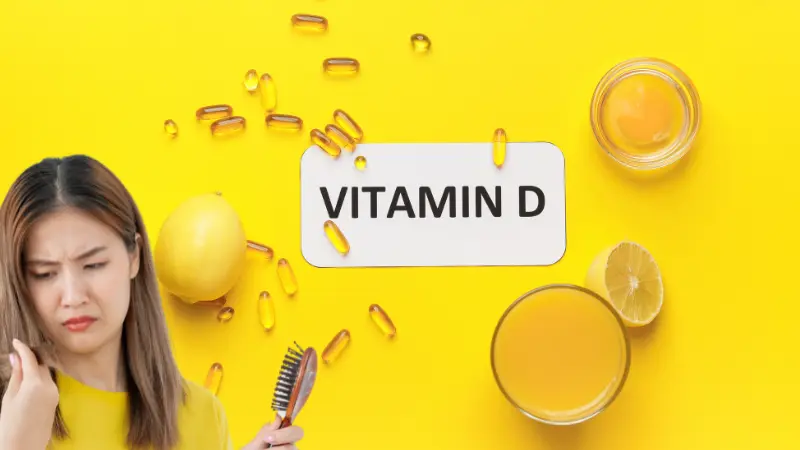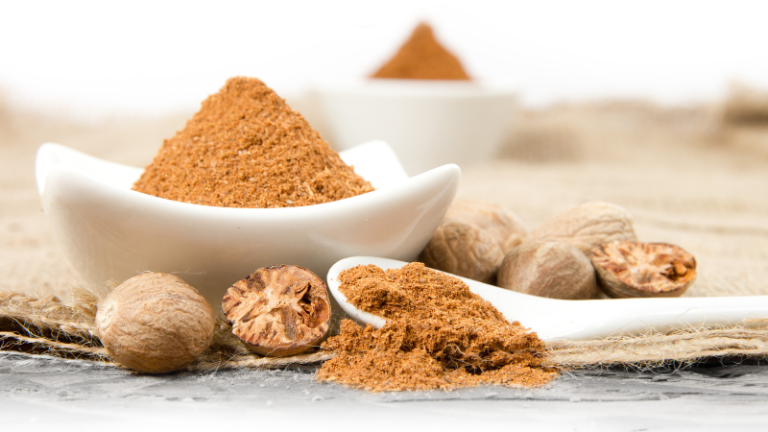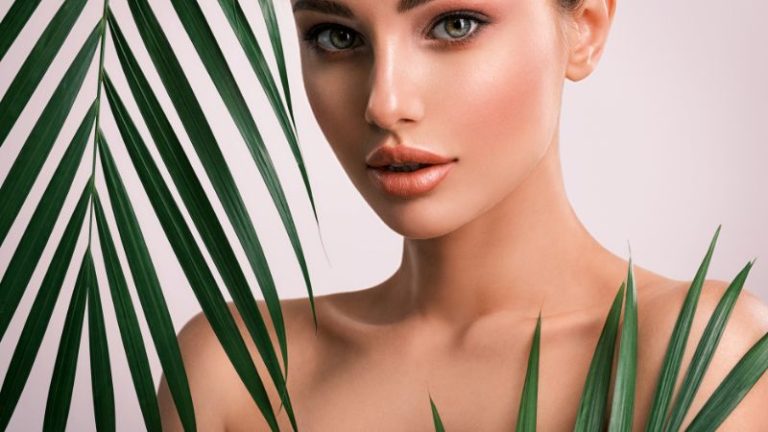Which Vitamin Deficiency Causes Hair Loss?
There’s no issue more common than hair loss in both men and women of all races, ages and cultures. This hair loss, not to be confused with normal hair shedding, can be caused by several factors including hormonal issues, diet issues, stress and genetics.
Which Vitamin Deficiency Causes Hair Loss?
However, one nutrient that’s known to impact hair loss the most is a lack of vitamins. All vitamins are necessary for the body to remain healthy and to ensure that it functions properly.
But when it comes to hair, there’s only a specific few that really affect your hair’s health. More importantly, there’s only a specific few that can directly impact and cause hair loss.
Thus, in this article our mission is to help you figure out which vitamins impact hair loss the most and how much of these vitamins you should take on a daily basis to ensure that your hair doesn’t start falling out in clumps.
4 Vitamin Deficiencies that can Possibly Cause Hair Loss
According to research, if you’re experiencing hair loss on a regular basis, the most likely culprit is a lack of vitamins in your system. Here’s 4 vitamins that impact hair loss the most.
1. Can Low B12 Cause Hair Loss?
While B12 isn’t directly responsible for hair loss, it is considered responsible for the growth of new hair follicles due to its involvement in some of the most important processes in the body.

Firstly, this micronutrient plays an important role in the synthesis of DNA, an important process that plays a critical role in the growth of new hair fibers. Red blood cells also take an active role in the synthesis and growth of new hair fibers. And considering how B12 is also involved in the formation of these red blood, we could say that the vitamin is very closely linked to hair growth and strengthening.
Add to that, the fact that B12 is also involved in helping the body convert food into energy, you’d have to say that it’s heavily involved in supporting healthy hair growth. Thus, it’s very safe to say that a vitamin B12 deficiency can and most probably will cause hair loss.
2. Can Lack of Vitamin D Cause Hair Loss?
Even more than Vitamin B12, vitamin D is considered essential in boosting our immune system and in keeping our bones and skin healthy.
Also unlike vitamin B12, vitamin D isn’t involved in ensuring the healthy growth of your hair. Instead, this vitamin has an active role in creating new, healthy hair follicles, making it probably the most important vitamin for healthy growth of your hair.
However, for researchers that’s not even the vitamin’s most important duty. The studies we’ve read state that vitamin D deficiency is directly related to keratinocytes, a type of cell crucial to the growth of your hair. Essentially meaning that if you’re low on this vitamin, hair loss can result merely due to an insufficient supply of these cells.
Now that we’ve established that vitamin D has a huge impact on your overall hair growth, let’s talk about how you’re going to keep yourself topped up on the vitamin.
Firstly, taking in plenty of sunlight is essential as the sun’s rays provide you with natural vitamin D. Additionally, you can also consume vitamin-D rich foods like fatty fish, egg yolks and fortified foods.

3. Can Lack of Biotin Cause Hair Loss?
B vitamins certainly have more of an impact on hair loss than other vitamins. Proven yet again by the numerous studies that mention biotin as one of the most important minerals involved in hair growth.
How’d they come to this conclusion? Well, plenty of studies report that when hair loss patients were supplemented with biotin, the rate of their hair loss slowed down dramatically. Hence, proving that their hair showed signs of clinical improvement after receiving biotin.
Fortunately, being biotin deficient is increasingly difficult if you’re following a balanced diet. In fact, the only way you can be biotin deficient is if the deficiency is in your genes.
Nonetheless, individuals who are deficient in biotin need to regularly eat green vegetables and also take GRO biotin gummies to stay topped up on biotin which will in turn halt their hair loss.
4. Can Lack of Vitamin E Cause Hair Loss?
Unlike all the other vitamins in this list, Vitamin E only has an indirect effect, at best, on the growth of your hair. That’s also because vitamin E is a powerful antioxidant that helps protect the cells in your body from damage.
The vitamin occurs naturally in plenty of foods and is also water soluble, so your chances of being deficient in it are close to zero.
The only way Vitamin E helps in promoting hair growth is by creating a protective barrier for your scalp, so your hair stays hydrated and healthy.
Having enough vitamin E in your body can also help you reduce the oxidative stress in your scalp, a type of stress that’s closely linked to hair loss.
Final Thoughts
And that folks is all we have for you in terms of our answer to the question: Which vitamin deficiency causes hair loss? We hope all that we’ve explained in this article was easy enough for you to grasp and understand.
More than we hope, the information added to your existing knowledge about hair loss and vitamin deficiencies. If you are still curious to learn more about the role of vitamins in hair growth, you’re welcome to book an appointment with Holisticare’s excellent dermatology department.
Their dermatologists are extremely friendly and have a knack for explaining in easy to understand words. More than that, they’ve enough experience to be considered some of the top dermatologists in Pakistan.





